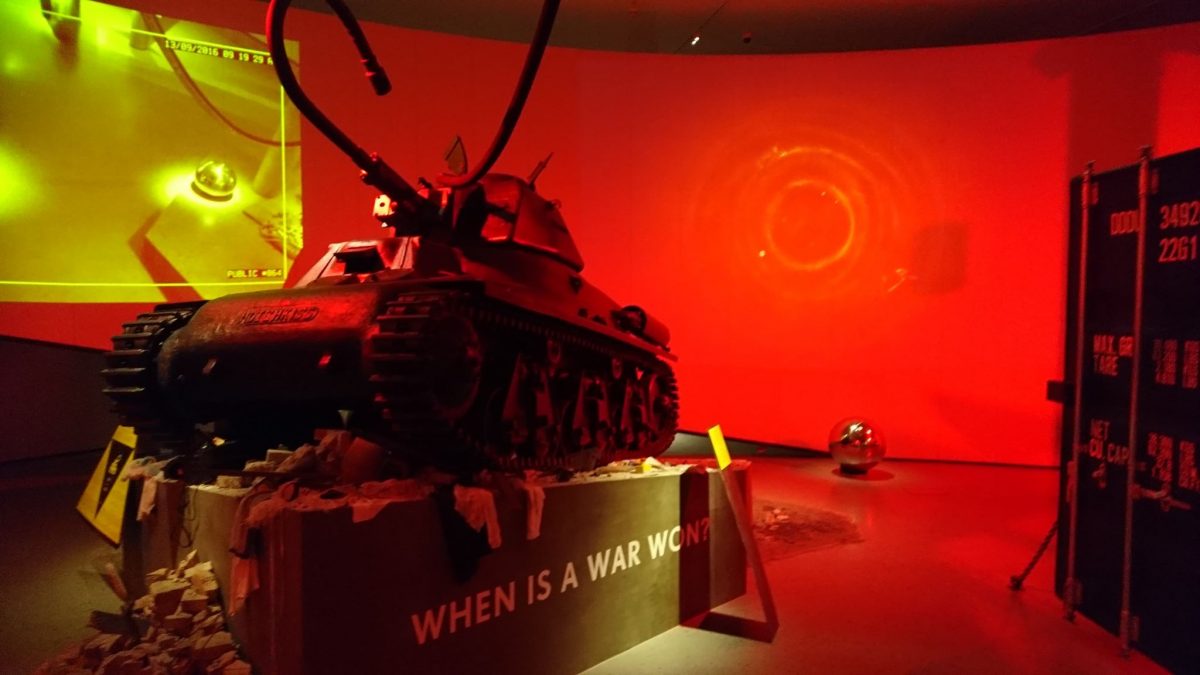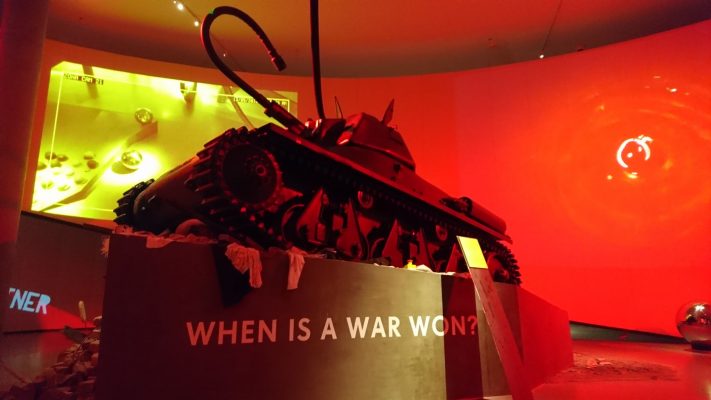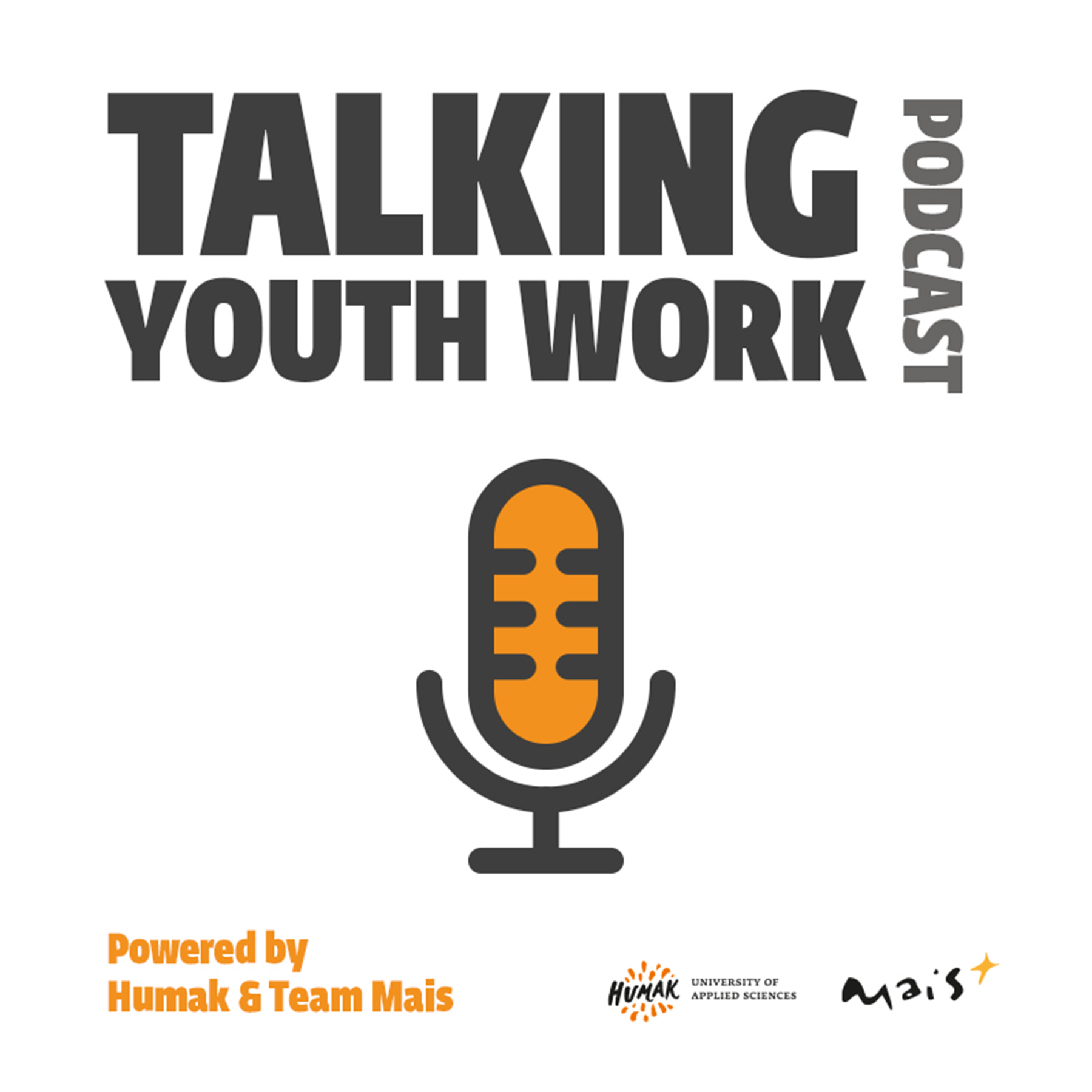Episodes
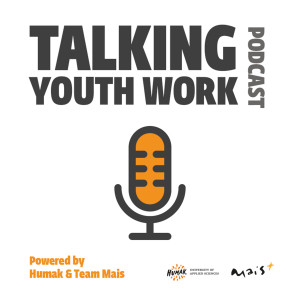
Monday Dec 16, 2019
Dragon Dreaming with Virgílio Varela, season 2 episode 3
Monday Dec 16, 2019
Monday Dec 16, 2019
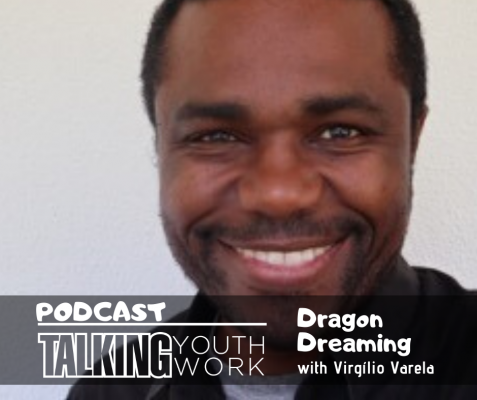
We are joined in this episode by Virgílo Varela, a consultant in Social and Community Innovation that talked to us about one of his main skills and passion: Dragon Dreaming.
Dragon Dreaming is a systemic design process, a philosophy and a methodological framework, to create collaborative and sustainable projects, something that a lot of youth workers struggle with. For some, it's difficult to have everyone dreaming in the same direction, and for others it's hard to make the projects sustainable. Many times, both.
The process is composed of four steps: Dreaming, Planning, Doing and Celebrating.
We talked about the importance of celebration: if we don't celebrate, our energy and motivation starts to get depleted, and we lose heart, we fall out of love, we start doing, for the sake of doing, and the output is much less creative, energizing, and innovative that could be otherwise, if we would make celebration as much as a priority as doing, or planning.
It was a really a wonderful conversation, hope you enjoy it as much as we did.
Give us your feedback to the email talkingyouthworkpodcast@gmail.com

Monday Nov 04, 2019
Embodied learning with Sandra Gojic, season2, episode 2
Monday Nov 04, 2019
Monday Nov 04, 2019
In this episode we talked to Sandra Gojic, an educator passionate about movement and creating spaces where young people can express themselves.
The way Sandra explores this is through Embodied Learning: an educational method that has been around for a while.
In our conversation our guest shared her story, how is it was difficult for her to express herself through her body, something many of us can probably relate to.
There is a tendency to talk about feelings, thoughts and emotions, from our heads, we rationalize. Yet, we all have had times that our bodies, through our senses, helped us understand more about the world. Maybe ignoring our bodies’ wisdom doesn't serve us very well.
Embodied Learning shows us that we can learn more and better about ourselves and how we relate to the world around us if we use ou body as a multi-sensorial platform of perception.
While working with young people there are a lot of benefits of this approach, and it doesn't have to be complicated, our bodies can serve as tools to navigate all the information that is being throwned at us, by paying attention to it, by contacting with all the sensations that run through us.
Amazing conversation about the advantages of being in our bodies, the most present and grounded place we can be.
Links and books, and resources mentioned in the podcast:
The Embodied Teen by Susan Bauer
Dance Improvisation: Warm Ups, Games and Choreographic Tasks by Justine Reeves

Thursday Sep 26, 2019
Europe Goes Local with Judit Balogh, season 2, episode 1
Thursday Sep 26, 2019
Thursday Sep 26, 2019
Hello dear listeners!
For the kickoff of our second season we talked with Judit Balogh, she is the project coordinator for "Europe Goes Local" a strategic partnership to support municipal level youth work.
It was a very interesting conversation where we explored this approach to international youth work: thinking long term and on local level, creating a network of municipalities that support each other, and in doing so have a more sustainable impact.
This partnership envolves 200 members, 120 municipalities in 23 european countries. That's amazing!
Hope you enjoy this conversation as much as we did.

Tuesday Jun 25, 2019
Season One Finale with Anita Silva and Rui Branco, episode 17
Tuesday Jun 25, 2019
Tuesday Jun 25, 2019
For the last episode of season one, it’s just Anita and Rui and...you. We talked about how the first season of Talking Youth Work was for us, all the amazing people we talked to, and the biggest takeaways from each episode.
There will be a Second Season of 10 episodes, and we are looking for a way to support it.
If you have any ideas to fund the next season, please send us an e-mail, to talkingyouthworkpodcast@gmail.com, our brand new e-mail where you can reach us to suggest guests, share cool stories about youth work, and whatever else you feel like. Hope you enjoyed season one of the podcast, and we also hope we can count with you for the next season.
“See” you in September.

Monday Jun 03, 2019
Entrepeneurial Mindset with Thomas Gold, episode 16
Monday Jun 03, 2019
Monday Jun 03, 2019
In this podcast Thomas Gold talks about his research on measuring the entrepreneurial mindset and how that work can inform the initiatives of youth workers. The findings from his research on entrepreneurial mindset can be found in Measuring Entrepreneurial Mindset in Youth: Learnings from NFTE's Entrepreneurial Mindset Index.
Thomas Gold is a researcher and consultant with extensive experience in the United States and Globally. He started his career conducting research on political change in Italy as a Fulbright fellow. For the past 18 years, Dr. Gold has held leadership positions focusing on research, measurement and evaluation in higher education, local government and nonprofit institutions. The policy reforms that were implemented as a result of his work have impacted the lives of millions of youth and young adults in low income neighborhoods and communities of color. His work has ranged from leading major studies in New York City’s public schools to spearheading the thought leadership and research efforts of a leading entrepreneurship education organization in the United States. Dr. Gold has written extensively on urban education, entrepreneurship and European politics. He received his BA from New York University and his Ph.D. in Political Science from the New School for Social Research.

Monday May 13, 2019
Questioning Innovation with Jon Ord, episode 15
Monday May 13, 2019
Monday May 13, 2019
Our guest this time is Jon Ord, Professor at the University of St Mark & St John, Plymouth, UK. During our conversation – besides the unavoidable Brexit theme and its consequences in UK Youth Work - he mentioned that some of the youth work that is still being done today is meant to “keep youngsters off the streets”, “keep them busy”, from a time when the streets were a danger. But times have changed. Now, many see a danger in screens and online activities. Young people have changed and so must the paradigms and the practices in youth work. Jon Ord also has a very interesting and critical point of view about what really means to innovate in youth work, he refers to it as a complex and multidimensional concept, and a very contextual one. Something that might be innovative in France might not be in Spain, and vice versa. For him, the definition of innovation is very much tied to business, to products and services, but youth work has still to find a better definition of innovation to suit its own needs. Another great talk to help us think how to improve our approaches. Let’s Talk Youth Work?

Tuesday Apr 09, 2019
Innovation research in youthwork with Andreas Karsten, episode 14
Tuesday Apr 09, 2019
Tuesday Apr 09, 2019
In this episode we talked to Andreas Karsten, a youth work researcher at European level. He has been working as a researcher in this field for quite some time so he has a very deep view about the field and what is the state of play concerning innovation in this sector.
Research is very important to assess the real impact of youth work programs and allows decision-makers to decide based on evidence and innovators to act based on real needs.
We talked about what does it mean to research youth work. As in all fields there are research challenges: How to interpret data? What do the markers mean? What can we do with what we know by researching?...and that is where Andreas and other researchers can help, by collecting information and giving to the rest of us an easier content to base our decisions and efforts to push the innovations that are truly needed in the field.

Tuesday Mar 19, 2019
Innovation in KA2 with Claudius Siebel, episode 13
Tuesday Mar 19, 2019
Tuesday Mar 19, 2019
In this episode we talked with Claudius Siebel, he is the policy coordinator of the german national agency for the Erasmus+ program, and before that he was part of the team of the Key Action 2 funding line that supports innovation in youth work projects.
We talked during the KA2 Now conference in Berlin last February, and it was a very enjoyable conversation about the policy making side, how can the national agencies support innovation in youth work, what is innovation in this field, and how can the european policies foster a collaborative and innovative environment.
Another topic was how can we evaluate the quality and the impact of these projects, how can the different european countries work together to have a more integrated aproach to youth work.
We really enjoyed it, and we're pretty sure you will too.

Tuesday Feb 26, 2019
KA2 Now Conference, episode 12
Tuesday Feb 26, 2019
Tuesday Feb 26, 2019
The “Talking Youth Work” podcast was present at the KA2NOW conference, that took place in Berlin in February 2019, and where 60 innovative projects in the field of youth work, from all over Europe, presented their ideas and results.
From board games designed to teach democracy to educational escape rooms for young people, or using visual facilitation and creative writing to empower others... there were loads of alternative ideas and new approaches to Youthwork.
Although we cannot showcase them all to you, we interviewed a few so you can have a taste of the conference and maybe some inspiring ideas for your work.
Projects present in the episode.
Impact+ at 2m08s
Tevip at 5m03s
Youth Work HD at 8m7s
Creative Learning Cookbook at 11m40s
Meki – Measuring is Key for Improvement at 15m31s
Celebrating Diversity at 19m39s

Tuesday Jan 08, 2019
Remembrance with Joakim Arnøy, episode 11
Tuesday Jan 08, 2019
Tuesday Jan 08, 2019
In this episode we talked with Joakim Arnøy from Norway, he works in the field of Youth Work as a coordinator around the topic of Remembrance.
He explained us what this concept means, and in our conversation we explored this idea of looking to History and use it as a basis for reflecting about today's happenings, namely comparing past wars, and the context in which they happened, to today's’ conflicts, how they arise, what signs can we recognize and what patterns emerge.
Joakim also shared with us how can youth workers - that don't work in a museum like he does - use Remembrance as a tool in their work, by using movies, others objects, a local museum or something else. It was an interesting conversation, and we're sure you'll find some useful insights for your own work.
